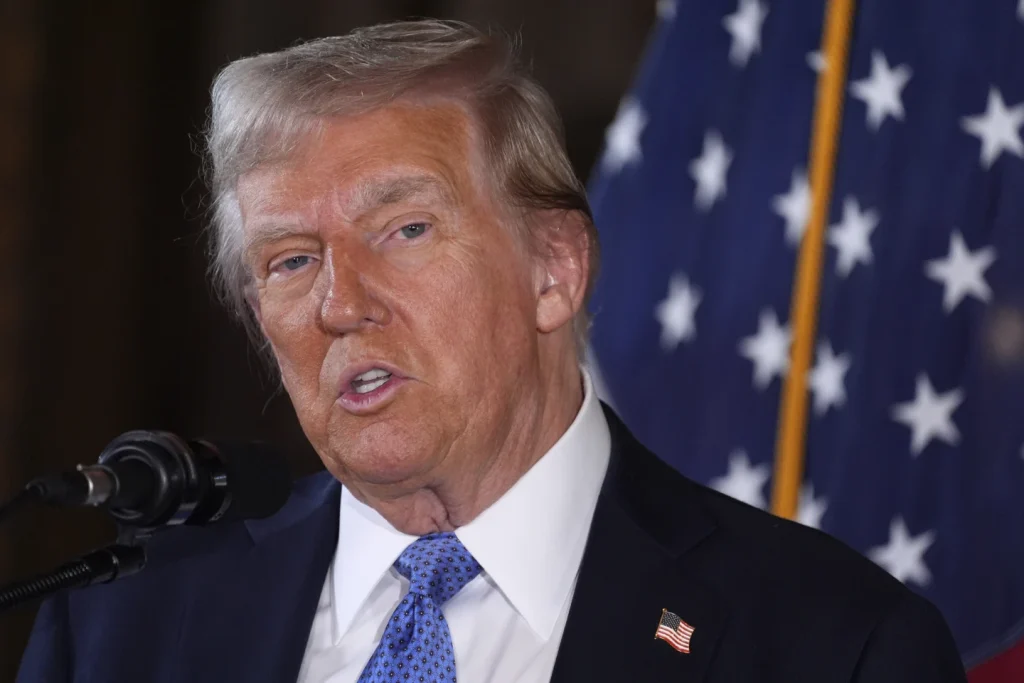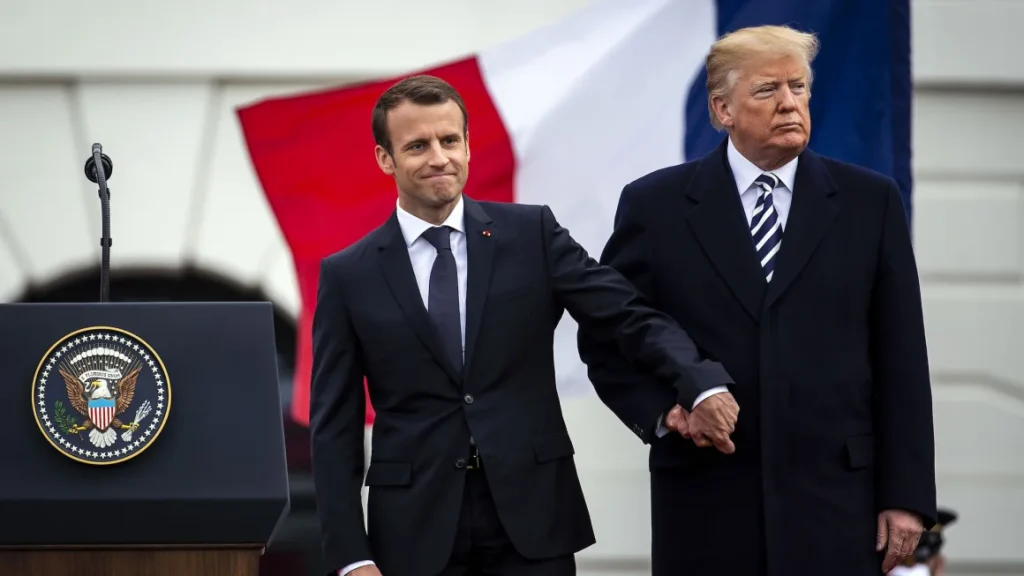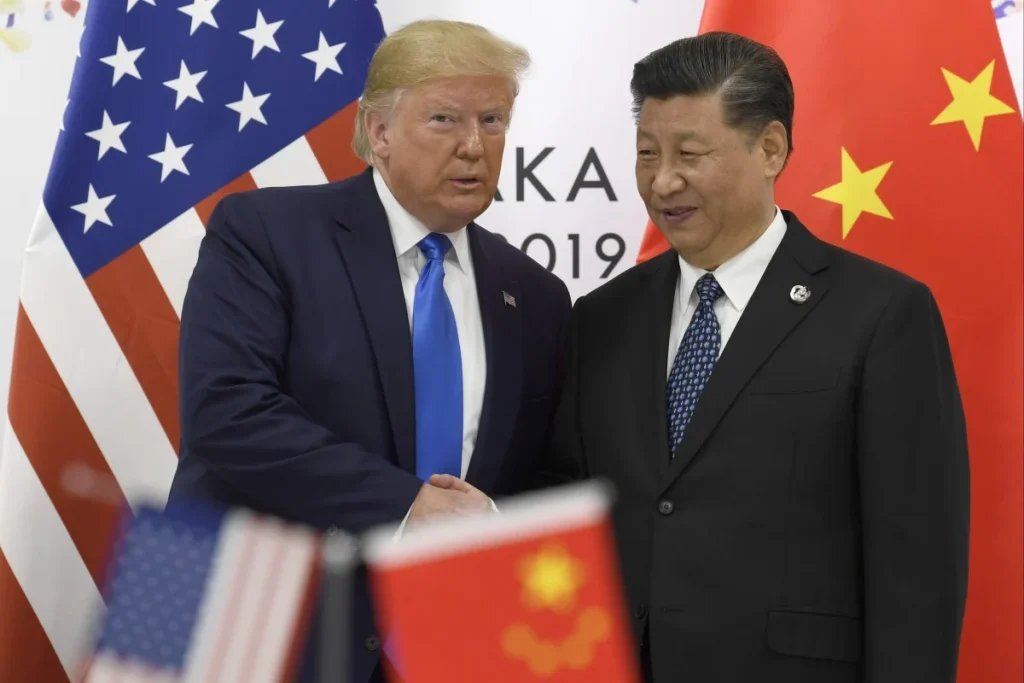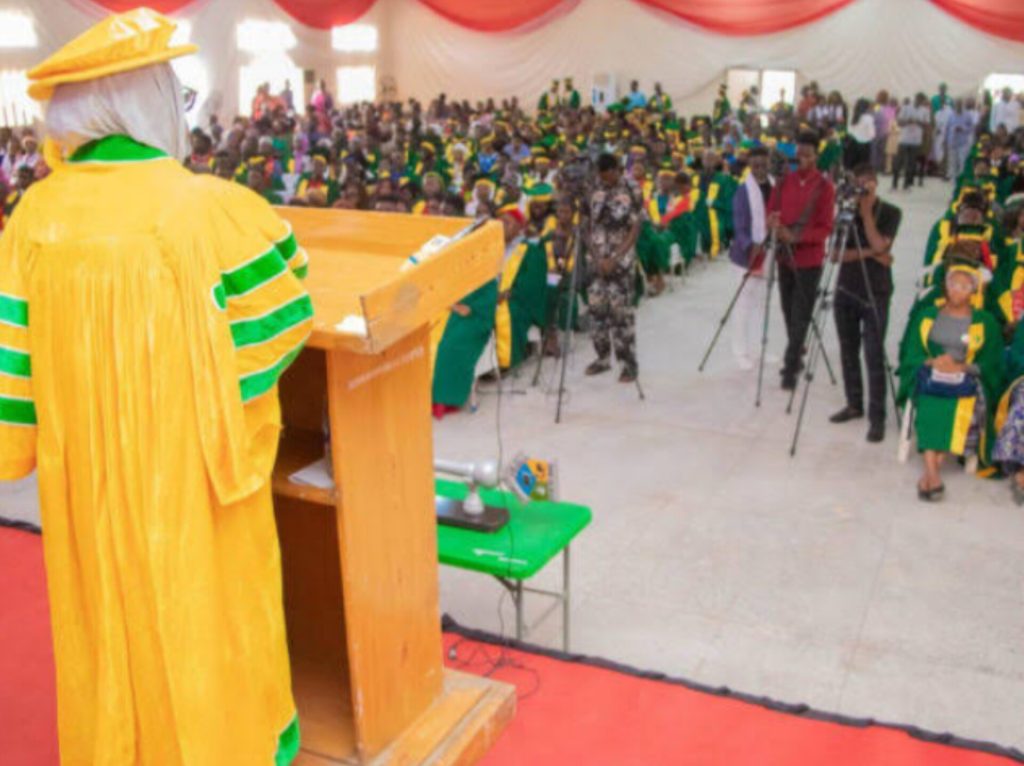International students urged to return to US campuses before Trump inauguration

U.S. universities and government officials are advising foreign students to return to U.S. campuses before the inauguration of former President Donald Trump. This recommendation comes amid growing uncertainty surrounding the policies that may be introduced by the new administration, especially regarding immigration and student visas. With Trump’s inauguration on the horizon, there is widespread concern among international students about the potential changes in U.S. immigration law that could impact their ability to study and live in the country.
The recommendation for international students to return to the U.S. before Trump assumes office reflects the apprehension felt by many in the academic community. International students contribute significantly to the U.S. economy and cultural diversity, and universities have long depended on their tuition fees and participation in campus life. However, with Trump’s controversial rhetoric and proposals regarding immigration reform during his 2016 campaign, many students and institutions fear that stricter immigration policies could be enacted, making it more difficult for foreign nationals to study in the U.S.
The advice to return to U.S. campuses is being issued by several organizations, including the National Association of Foreign Student Advisers (NAFSA), which has expressed concern about the potential for disruptions in the status of international students. They argue that the shift in administration may lead to tighter visa regulations, delayed processing times, or more stringent enforcement of rules that govern the length of stay for students in the country.
International students, many of whom are studying in fields such as engineering, medicine, and business, have been vital to maintaining the global competitiveness of U.S. universities. The financial contribution of foreign students is immense, with billions of dollars in tuition fees and living expenses pumped into the U.S. economy each year. At the same time, their presence on U.S. campuses enriches the academic environment, bringing diverse perspectives to classrooms, research projects, and extracurricular activities.
As part of the guidance, universities are urging international students who are currently abroad to make plans to return before Trump’s inauguration on January 20. The concern is that once Trump takes office, his administration could quickly implement policies that could limit or restrict the ability of foreign students to enter or remain in the U.S. For example, Trump has proposed revisiting the U.S. visa policies that allow students from certain countries to enter without facing the extensive scrutiny of other visa applicants. His administration has also hinted at introducing measures to curb the number of immigrants entering the U.S. in an effort to prioritize American citizens.
Trump’s stance on immigration, particularly his focus on securing U.S. borders, has caused considerable anxiety among international students. Many fear that the new president could reverse the policies that have allowed for relatively smooth entry and extension of student visas. The Trump administration’s harsh rhetoric during the election campaign, which included threats of mass deportations and travel bans on citizens from several Muslim-majority countries, has led to a sense of unease about the future of international education in the U.S.
In addition to concerns about visas and student immigration status, the advice to return to U.S. campuses highlights broader uncertainties about the U.S. political climate under Trump. Many international students are worried about the social atmosphere on U.S. campuses, where heated political debates around Trump’s policies have often created divisions between students and even among faculty members. The potential for an increase in anti-immigrant sentiments, particularly toward students from certain countries, has further fueled the desire to return to the U.S. as soon as possible.
Meanwhile, U.S. universities have worked to reassure their international student populations, emphasizing their commitment to maintaining an inclusive and welcoming environment. Many universities have expressed strong support for international students, regardless of their country of origin, and have promised to continue advocating for policies that preserve open access to higher education for foreign nationals.
Still, the uncertainty surrounding the Trump administration’s approach to immigration has led some international students to consider alternative options, including studying in other countries where visa regulations may be more predictable or supportive. Countries such as Canada, Australia, and the United Kingdom, which have long been popular destinations for international students, may see an increase in applications as students weigh the risks of studying in the U.S.
In response to the growing concern, some universities have taken proactive steps to support their international students. Several institutions have expanded their international student offices, hired more staff members to assist with visa-related issues, and provided resources to help students navigate the changing political landscape. Additionally, some universities are offering temporary online courses and distance learning options to international students who may be unable to return to the U.S. immediately.
The advice to return before Trump’s inauguration underscores the challenges that international students face in the current political climate. While the policies under the new administration remain uncertain, it is clear that the impact on U.S. higher education, international students, and the broader economy could be significant. In the meantime, universities and students alike are left in a state of cautious anticipation, with many hoping for clarity and stability in the coming months.
In conclusion, the advisory for international students to return to the U.S. before Donald Trump’s inauguration serves as a response to the fear and uncertainty surrounding potential changes to U.S. immigration policies under his administration. As the situation continues to unfold, universities and international students must remain vigilant and prepared for possible challenges in securing visas and maintaining their status in the U.S. The outcome of this political shift will have lasting implications for the future of international education in America and the global exchange of ideas and talent.






